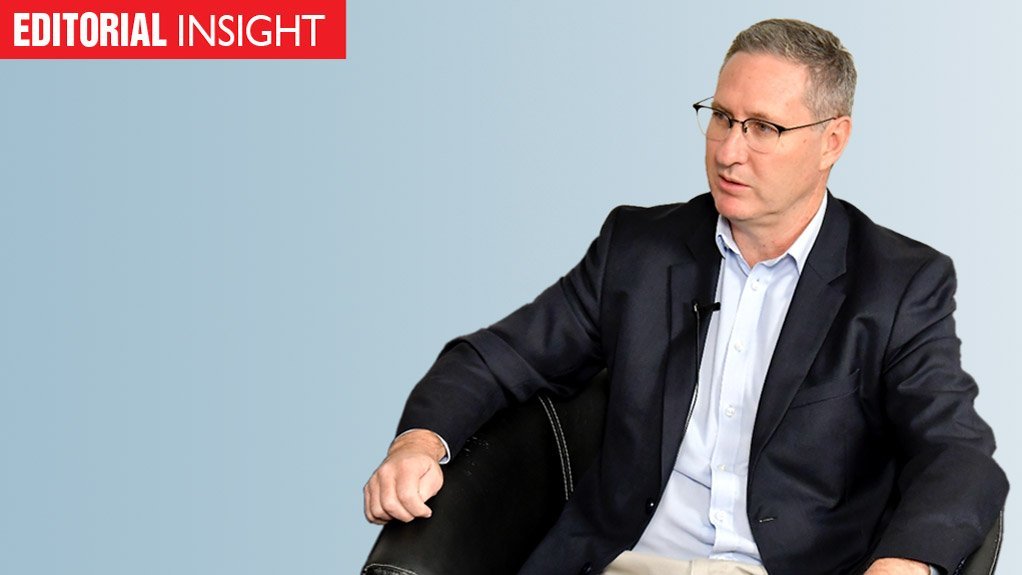The politics surrounding both Eskom and South Africa’s now protracted electricity crisis has always been problematic.
It was politics that prevented the implementation of the necessary market reforms, as outlined in the 1998 White Paper, that would have gone some way to ensuring that South Africa’s eggs were not still mostly in a broken Eskom basket.
It was politics that prevented Eskom from building new capacity in the early 2000s, even when it had become clear that there was no way that private generators would invest, given the entirely unsupportive pricing and regulatory frameworks that prevailed.
It was politics that led to the decision to pull the trigger on two mega-coal plants when Eskom had not yet completed the engineering design and at a time when the utility had shed most of its construction management skills.
It was politics that forced Eskom to keep the lights on at all costs in the run-up to (and after) the 2010 FIFA World Cup, when it should really have started pushing the accelerator on planned maintenance. A political climate that persisted well beyond the event to the point where the backlog is now out of control.
It was politics that kept tariffs too low for too long, which has resulted in an entity that is no longer a going concern in the absence of regular and hefty fiscal injections, which redirect scarce resources away from other public priorities, such as policing, education and healthcare.
It was politics that led to the infiltration of board and executive members who viewed the utility as fertile ground for the enrichment of a predatory elite.
It was politics that emboldened Eskom to defy stated policy and pull the plug on the purchase of new electricity capacity from independent power producers in 2015, leading to a near eight-year disruption to procurement and a 4 000 MW to 6 000 MW deficit.
It was politics that made Megawatt Park a revolving door for permanent and interim CEOs (ten in ten years, excluding André de Ruyter) and which fuelled a skills flight from the operations themselves.
And politics, unfortunately, remains at the heart of Eskom’s current difficulties and is hampering the non-Eskom action that is necessary to extract South Africa from this crisis once and for all.
For this reason, ironically, it is unlikely that South Africa is going to address this crisis decisively without a political intervention – one that has to be led from the very highest level if it is to succeed.
The latest bout of Stage 4 rotational cuts, recent finger-pointing between a board member and lawmakers, and the prospect of up to 101 days of winter load-shedding are surely all signals that a Covid-like public-private response is now needed.
Such an intervention would provide the political and policy cover required for action, while offering the collective implementation muscle necessary to deal with short-term crises and to lay the foundation for a sustainable industry in the long term.
EMAIL THIS ARTICLE SAVE THIS ARTICLE ARTICLE ENQUIRY FEEDBACK
To subscribe email subscriptions@creamermedia.co.za or click here
To advertise email advertising@creamermedia.co.za or click here











